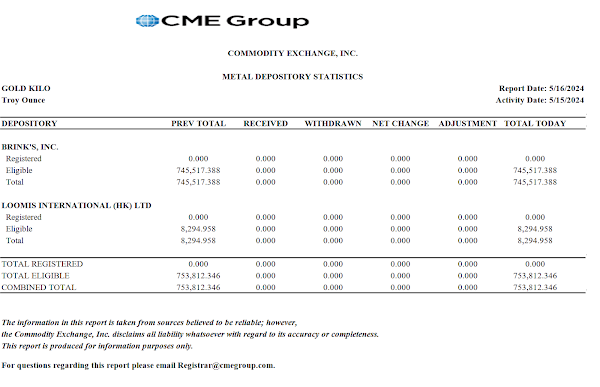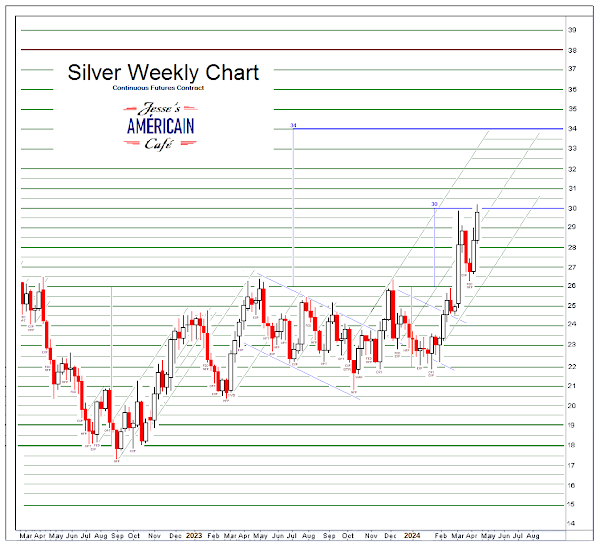“When Fascism came into power, most people were unprepared, both theoretically and practically. They were unable to believe that man could exhibit such propensities for evil, such lust for power, such disregard for the rights of the weak, or such yearning for submission. Only a few had been aware of the rumbling of the volcano preceding the outbreak.”
Erich Fromm, Escape from Freedom, 1941
"Demagogy enters at the moment when, for want of a common denominator, the principle of equality degenerates into the principle of identity."
Antoine de Saint-Exupéry, Flight to Arras
"The economy - once a great scatter of small productive units in autonomous balance, has become dominated by two or three hundred giant corporations, administratively and politically interrelated… The political order, once a decentralized set of several dozen states with a weak spinal cord, has become a centralized executive establishment which has taken up into itself many powers previously scattered… The military order, once a slim establishment in a context of distrust fed by state militia, has become the largest and most expensive feature of government."
C. Wright Mills, The Power Elite, 1956
"Thus did a handful of rapacious citizens come to control all that was worth controlling in America. Thus was the savage and stupid and entirely inappropriate and unnecessary and humorless American class system created. Honest, industrious, peaceful citizens were classed as bloodsuckers, if they asked to be paid a living wage. And they saw that praise was reserved henceforth for those who devised means of getting paid enormously for committing crimes against which no laws had been passed. Thus the American dream turned belly up, turned green, bobbed to the scummy surface of cupidity unlimited, filled with gas, went bang in the noonday sun."
Kurt Vonnegut, God Bless You, Mr. Rosewater, 1965
“Unprecedented state secrecy gave the power elite vastly expanded realms in which to pursue desired political ends. Its dimensions and details obscured by state secrecy, exceptionism—the institutionalized abrogation of the rule of law—allowed for the state to decisively influence politics at key moments in a top-down, authoritarian manner while practices of plausible deniability preserved a degree of democratic legitimacy.
In other words, the power elite’s rise precluded meaningful democracy since major decisions were not to be arrived at through open, informed public debate in which responsible officials and political parties were influenced by a healthy civil society which could allow the informed, prevailable will of the public to become manifest in policy.”
Aaron Good, American Exception: Empire and the Deep State, 2022
"Our hearts are continually prone to wander from Him; prosperity and enjoyment all too easily satisfy us, dull our spiritual perception, and unfit us for full communion with Himself. It is an unspeakable mercy that the Father comes with His chastisement, makes the world round us all dark and unattractive, leads us to feel more deeply our sinfulness, and for a time lose our joy in what was becoming so dangerous. Though He has indeed no pleasure in afflicting us, He will not keep back even the most painful chastisement if He can but thereby guide His beloved child to come home."
Andrew Murray, Abide in Christ, 1895
The markets were off a bit today, accommodating their recent impressive gains.
Gold and silver were similarly disposed.
Tomorrow is our stock option expiration.
Looking over the world's current crop of exceptional peacocks and pigeons can we not now, at long last, fully understand Hannah Arendt's observations about 'the banality of evil?'
Let's see where their shenanigans may lead us.
Not with a bang, but a whimper.
Have a pleasant evening.









































